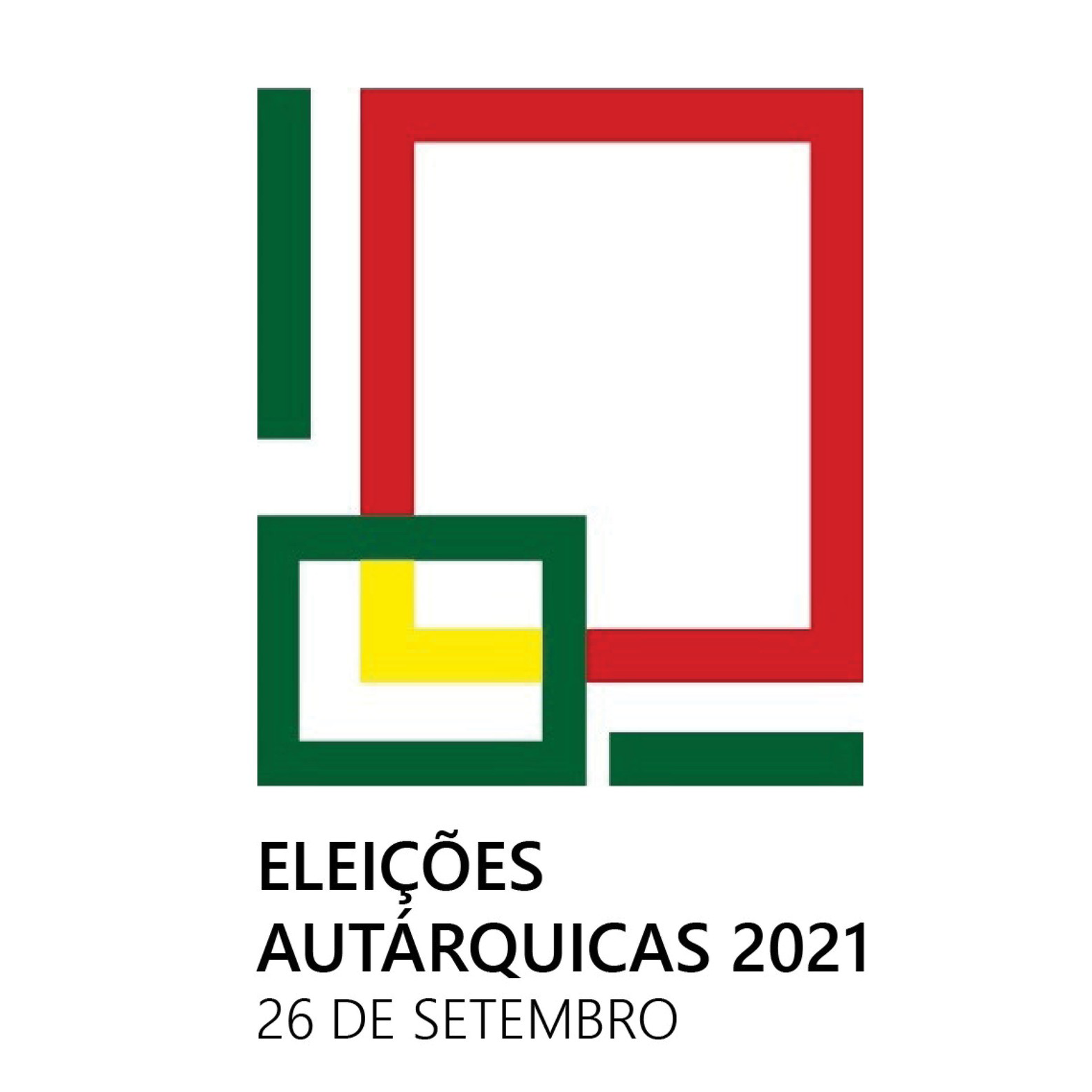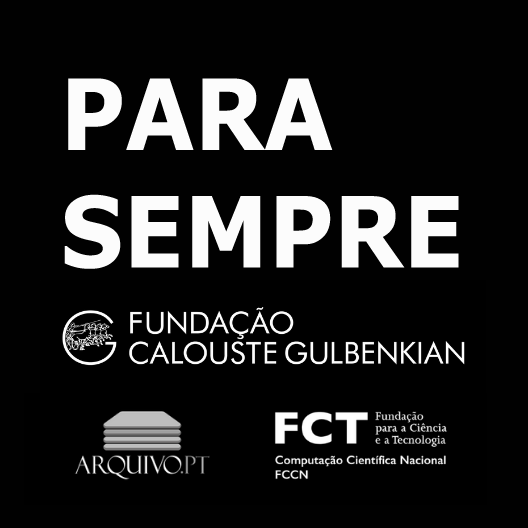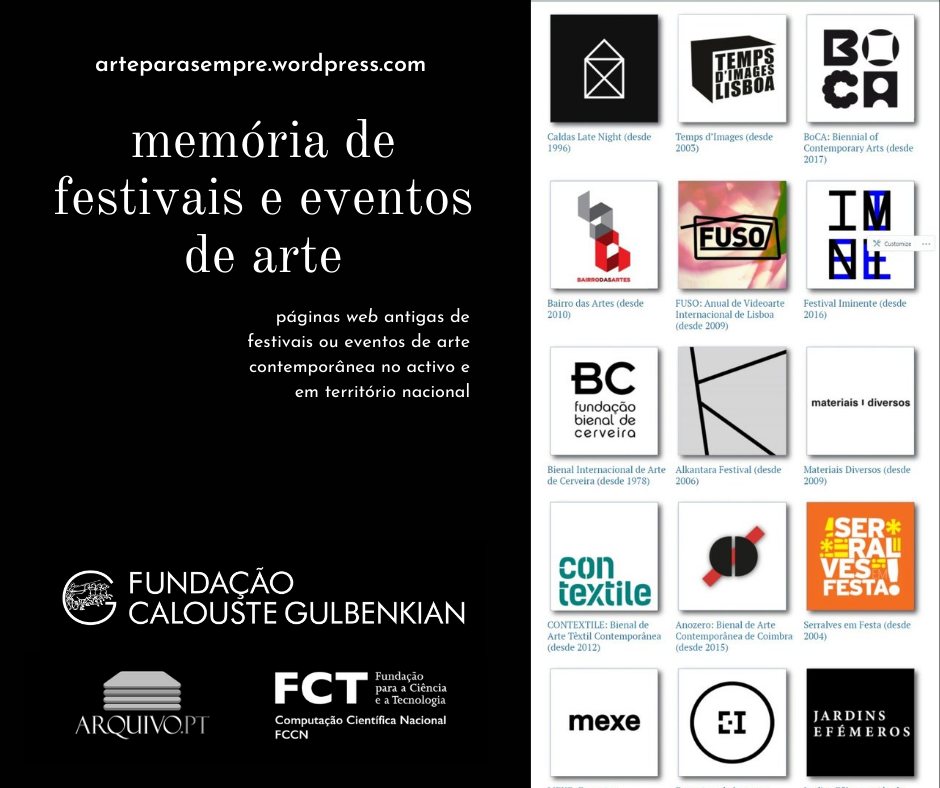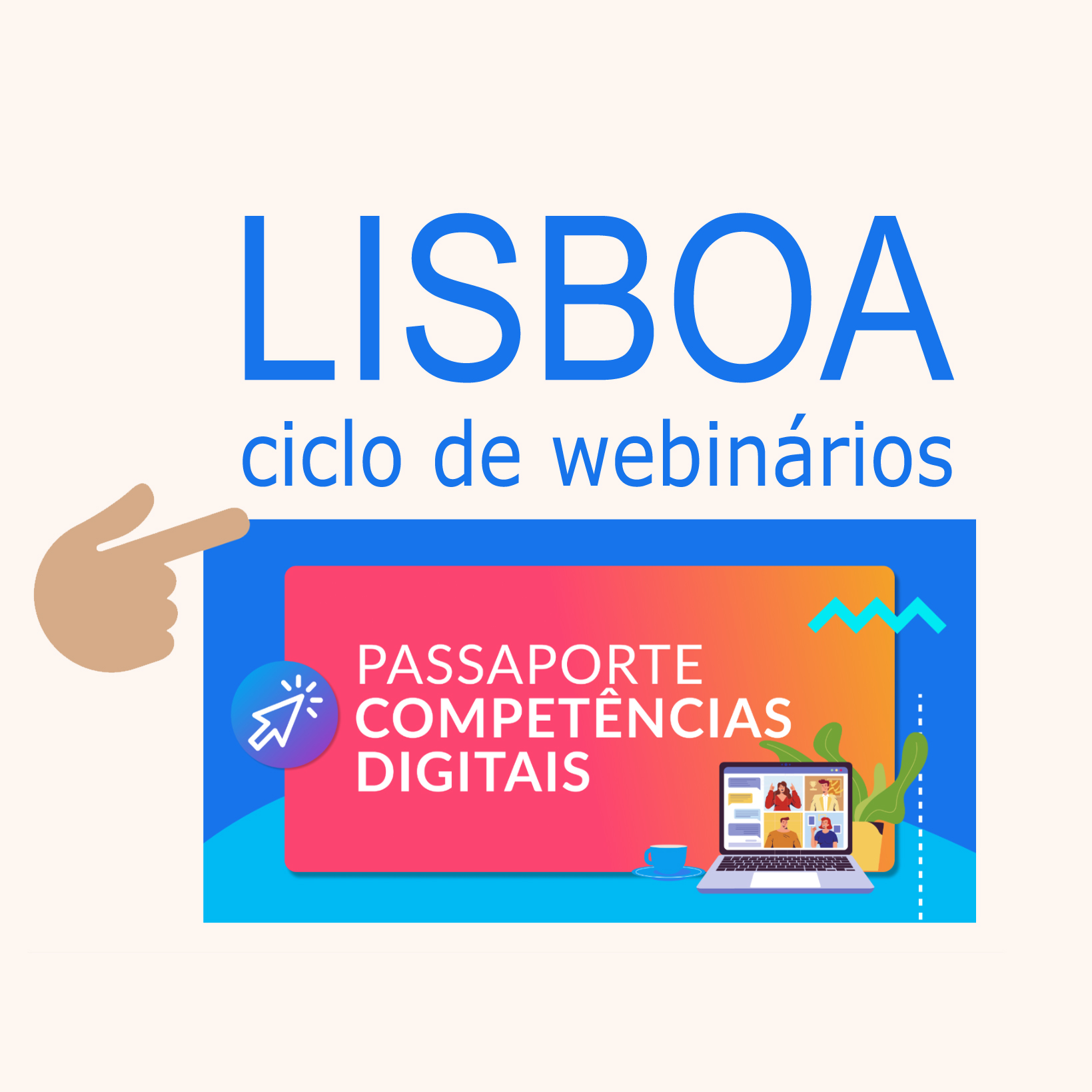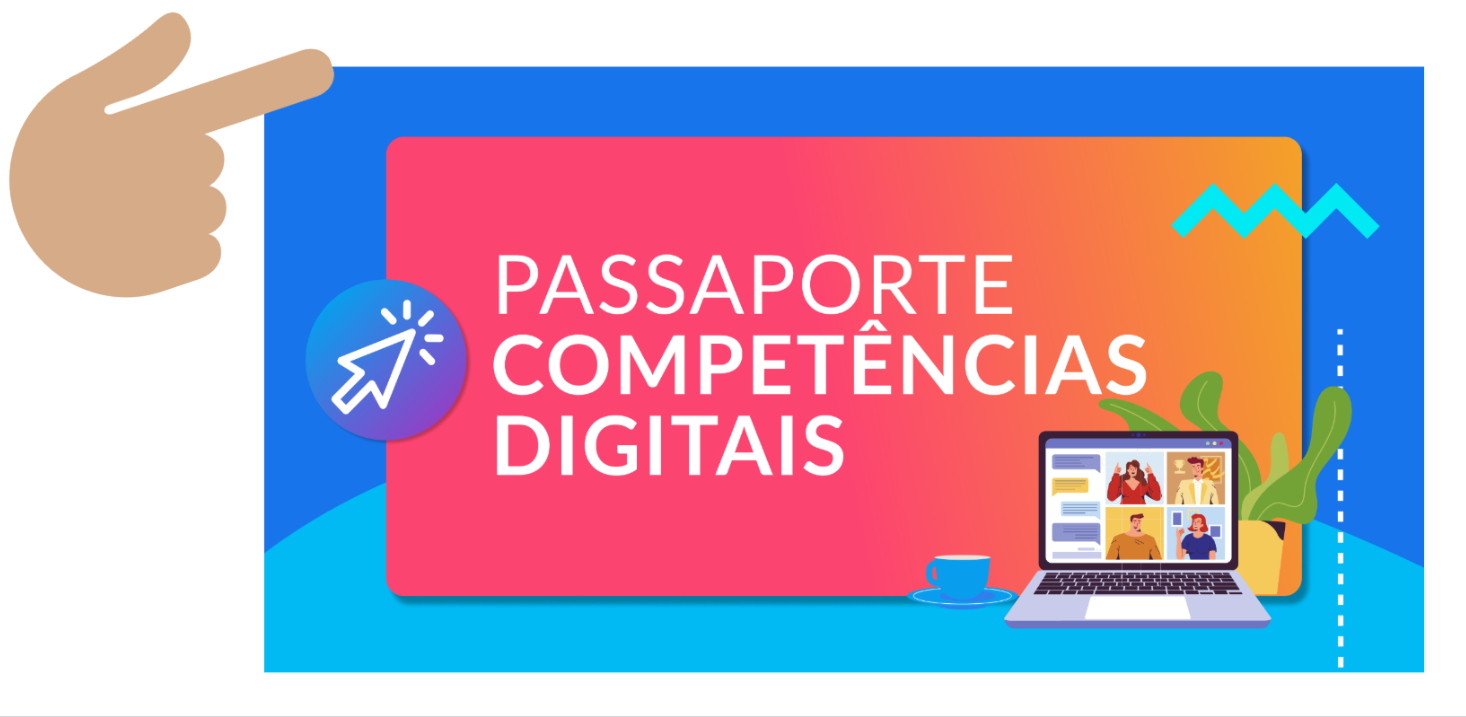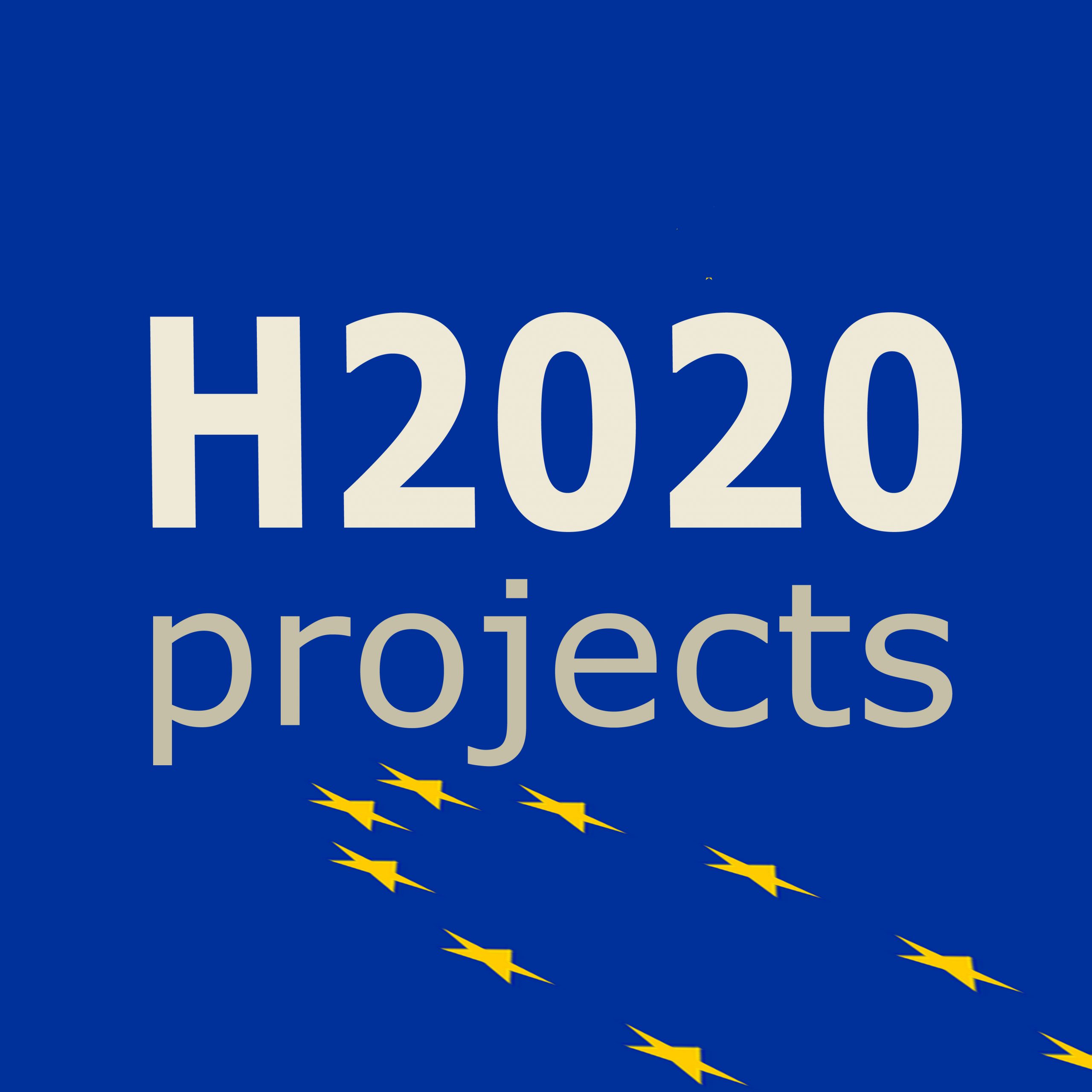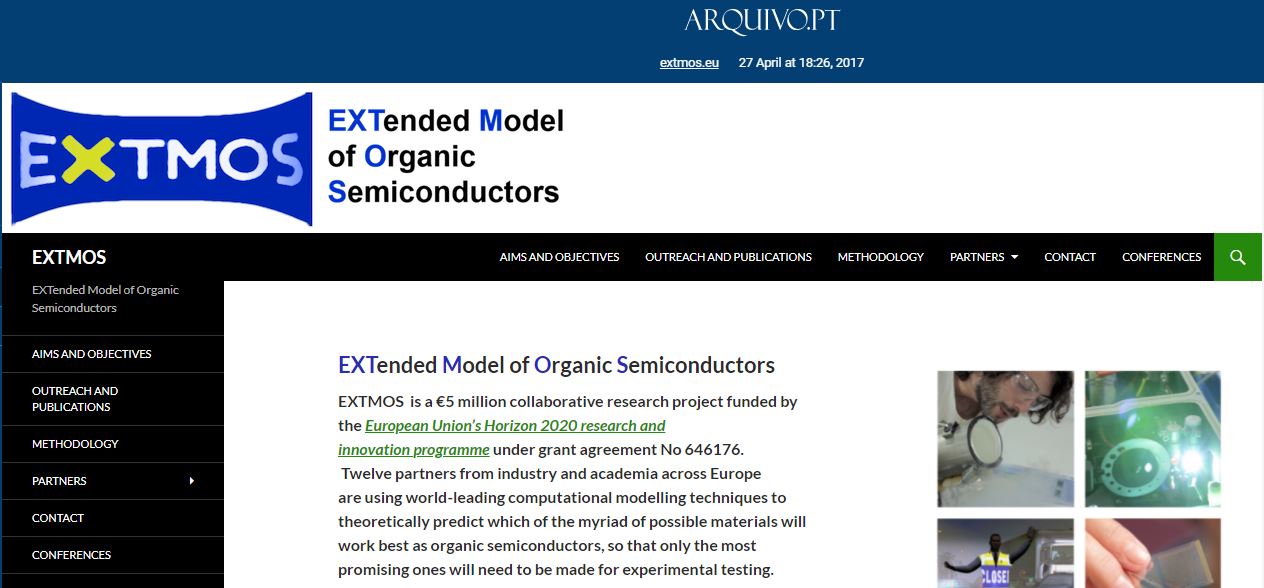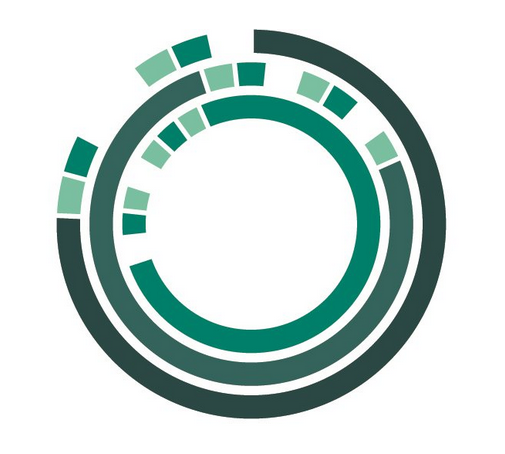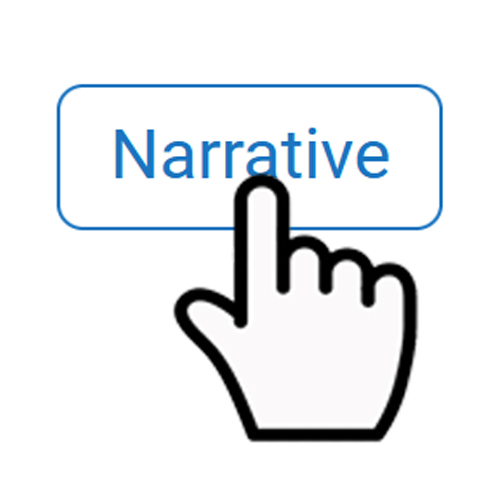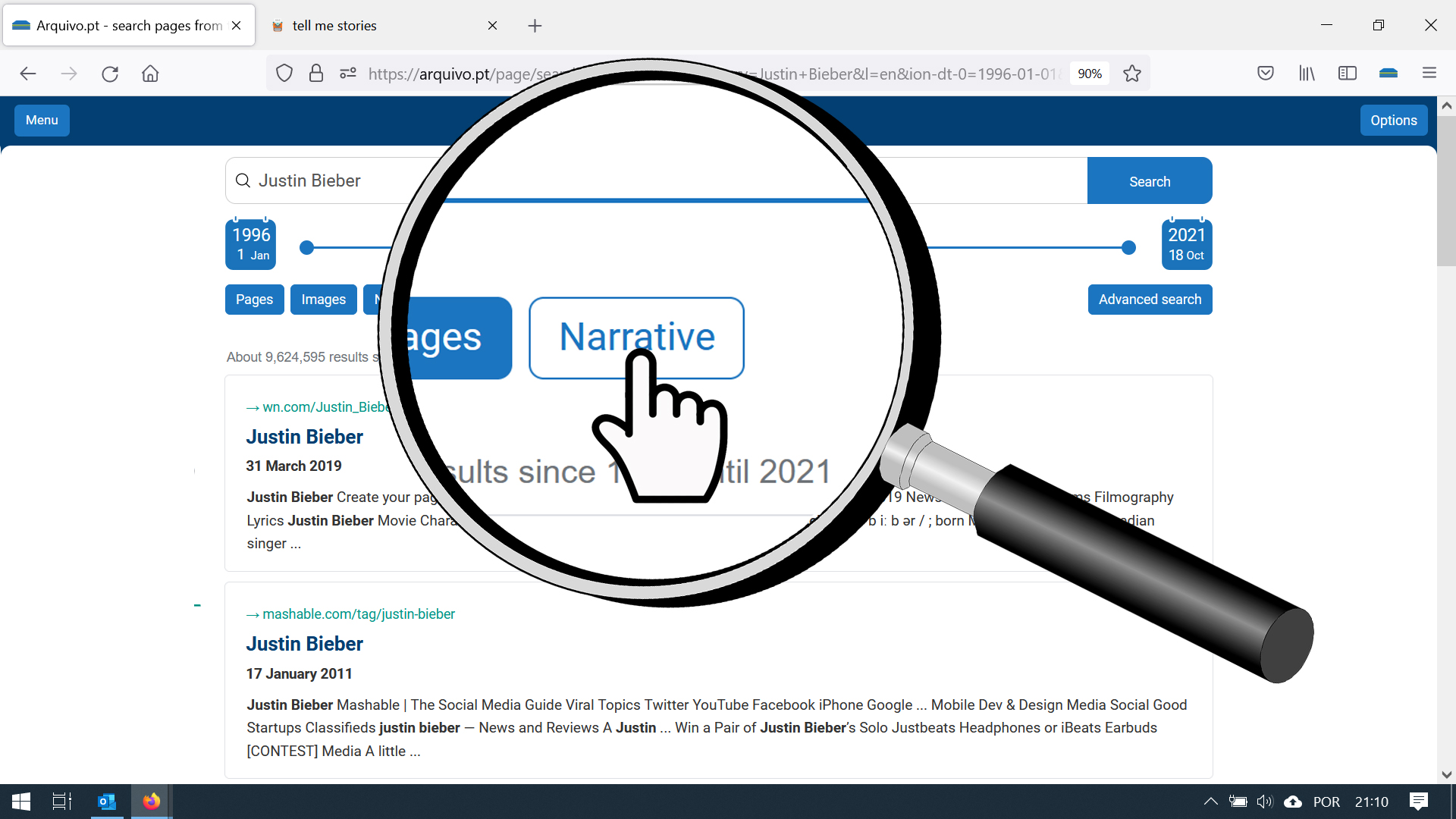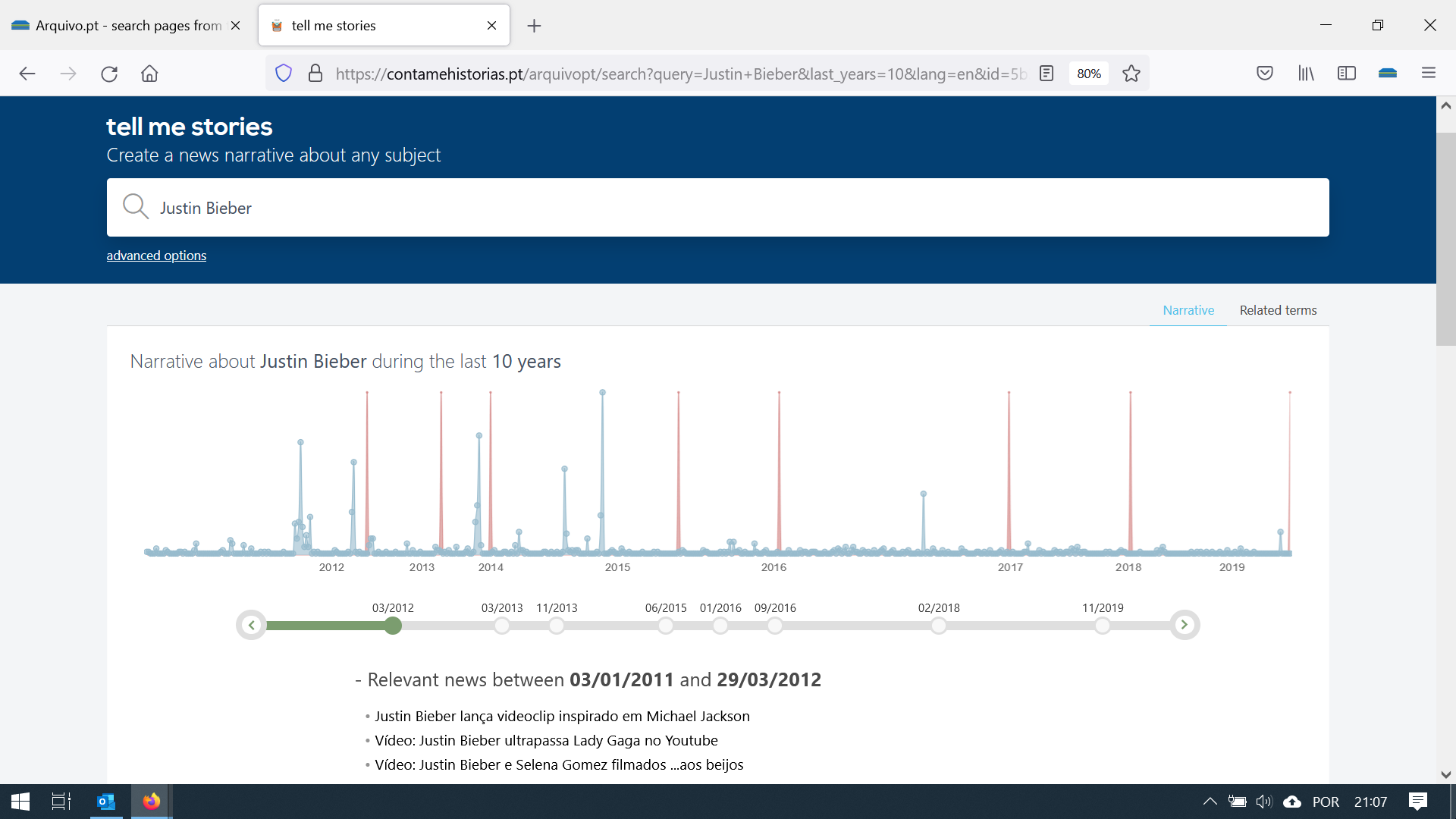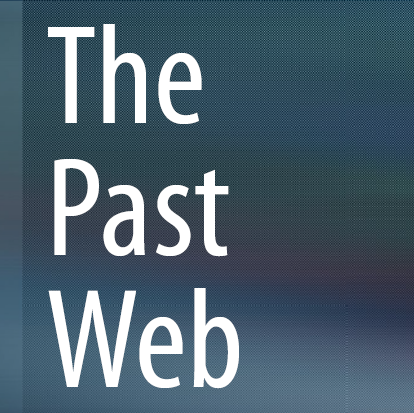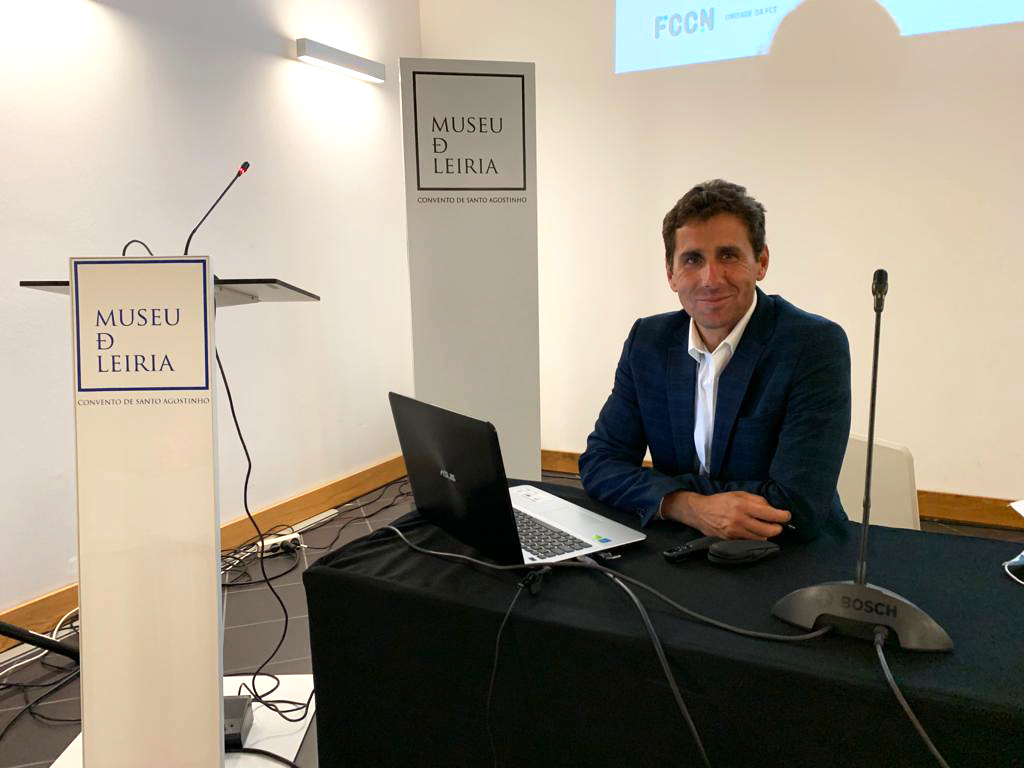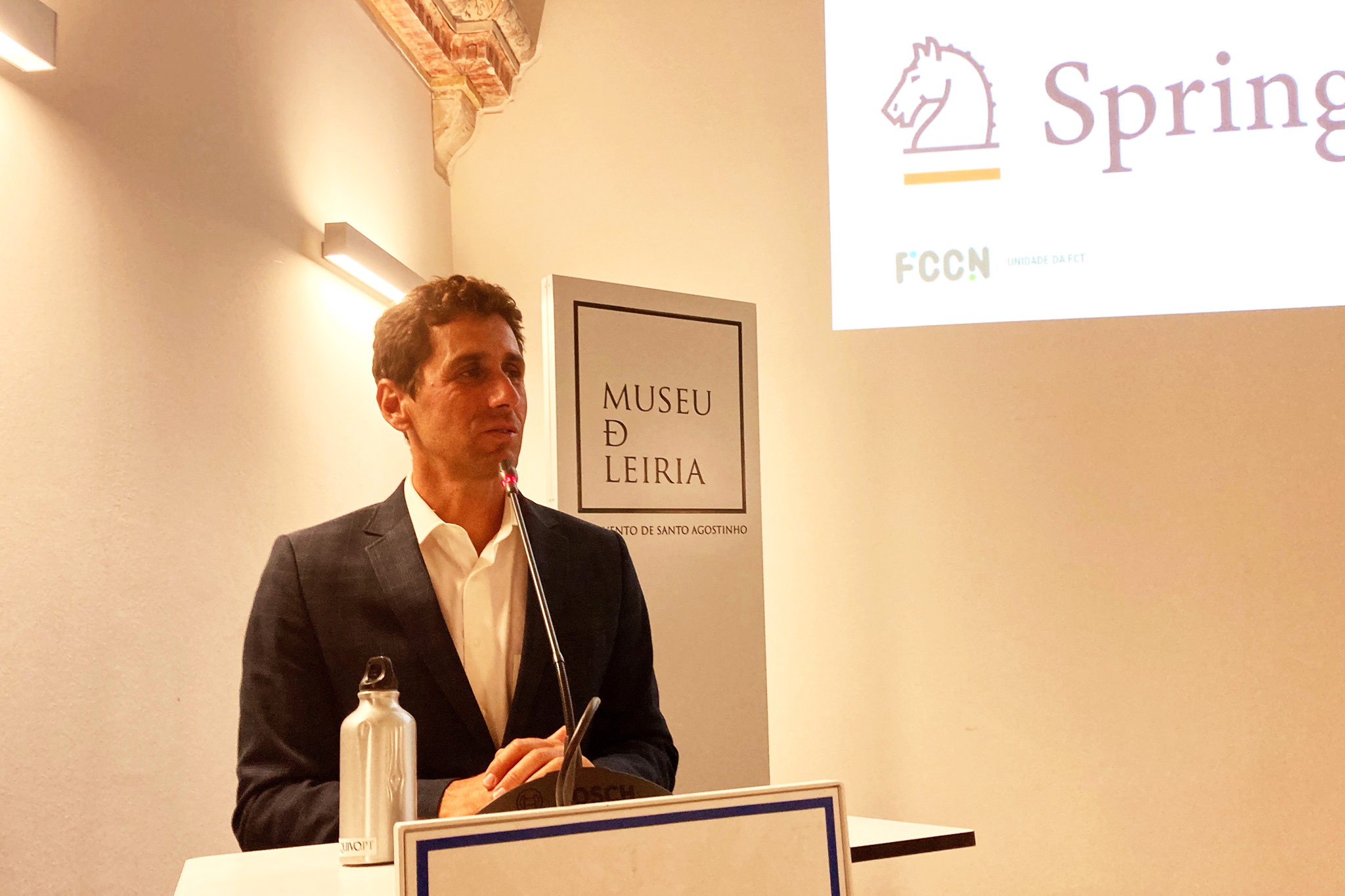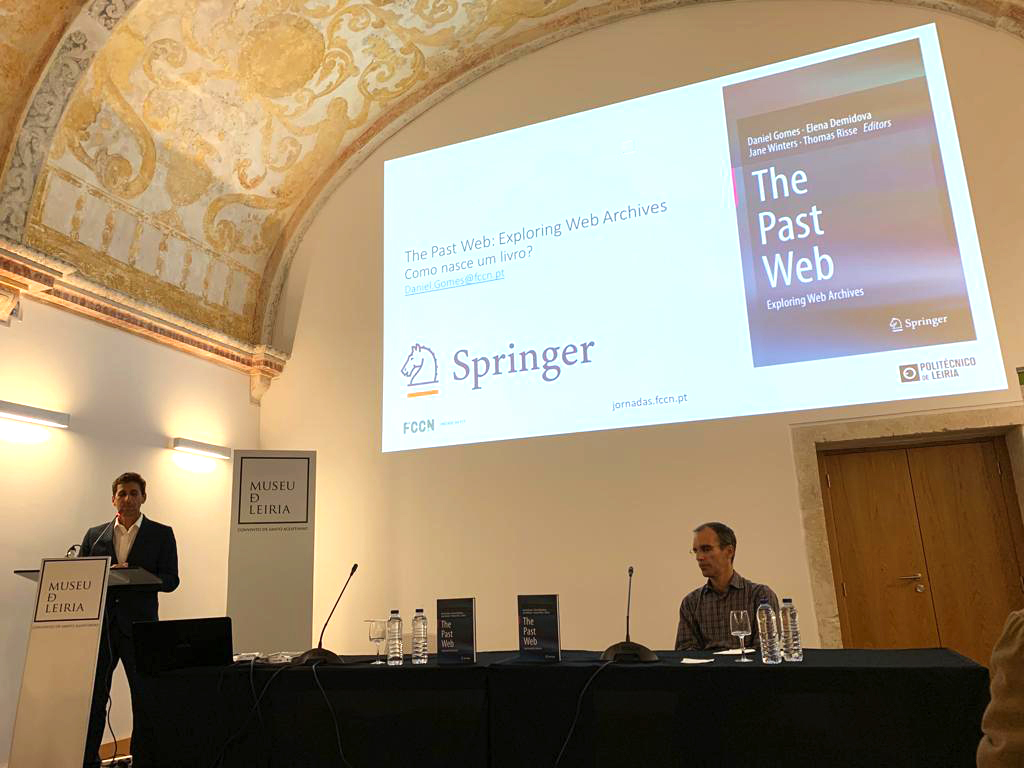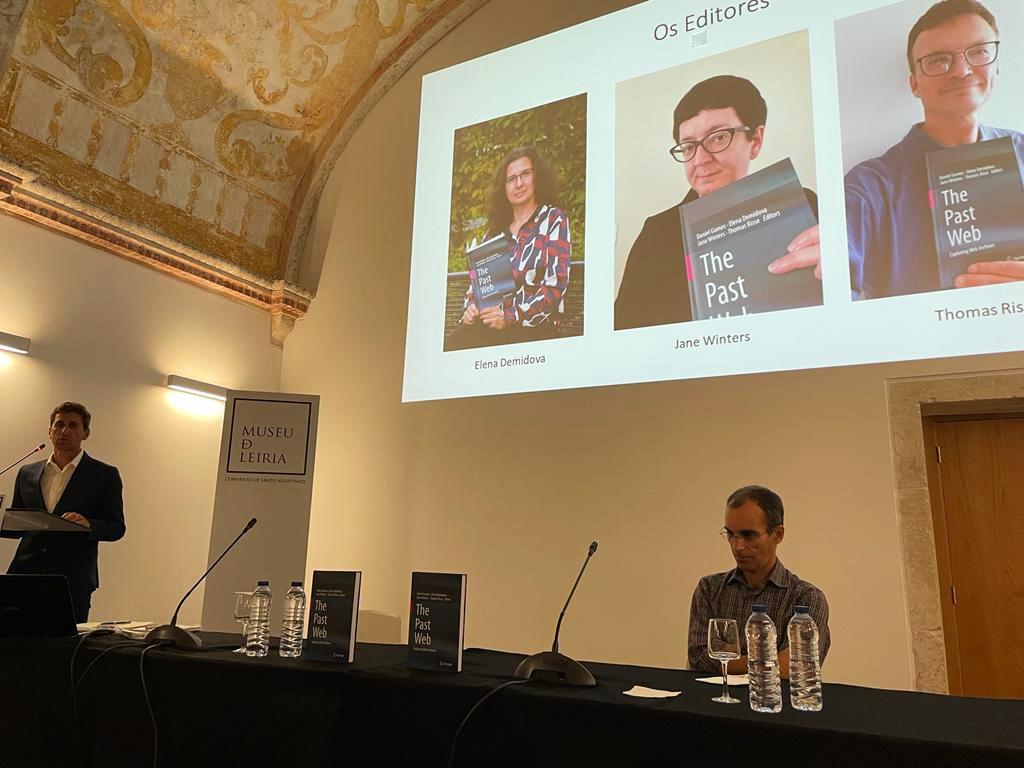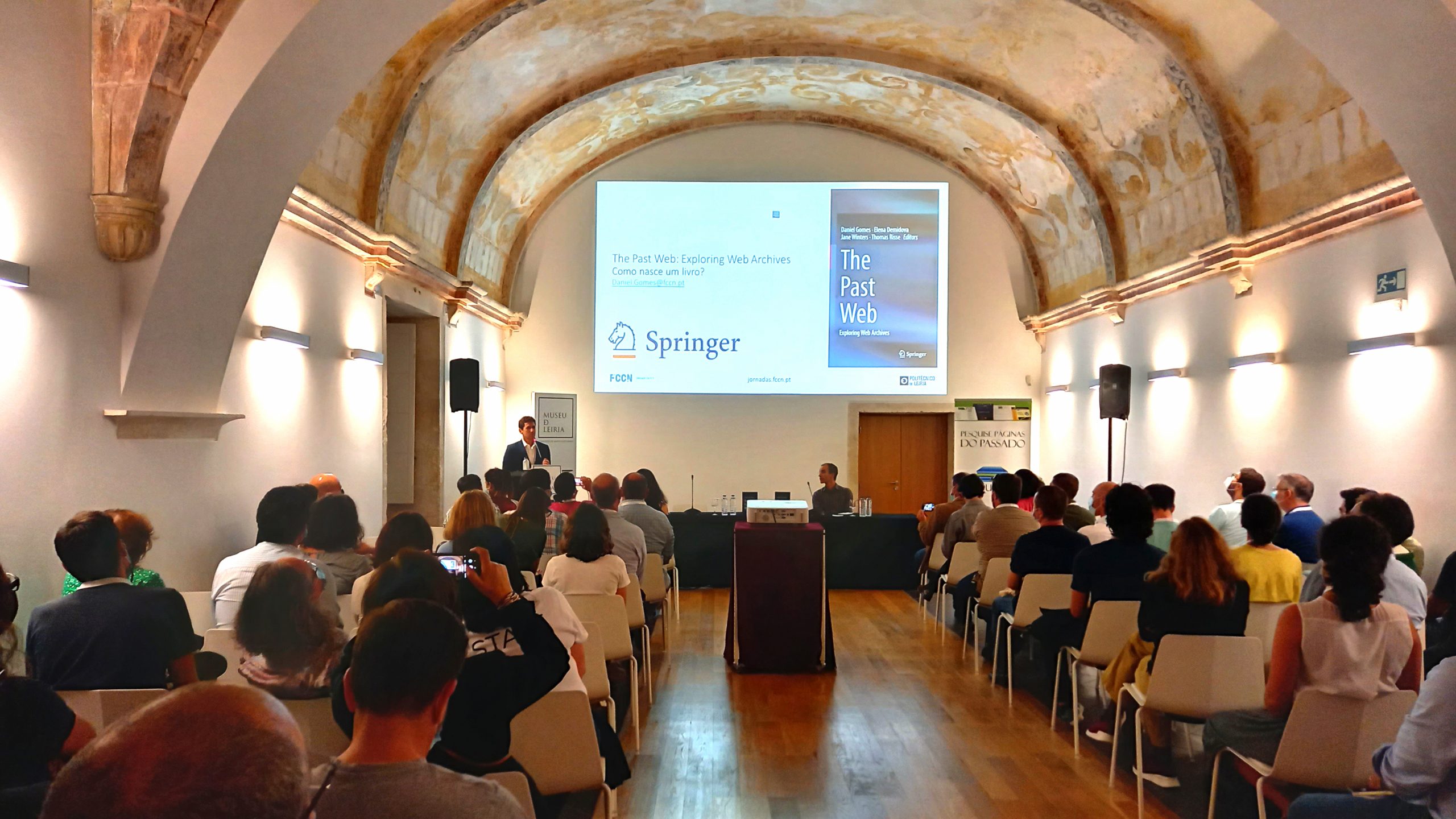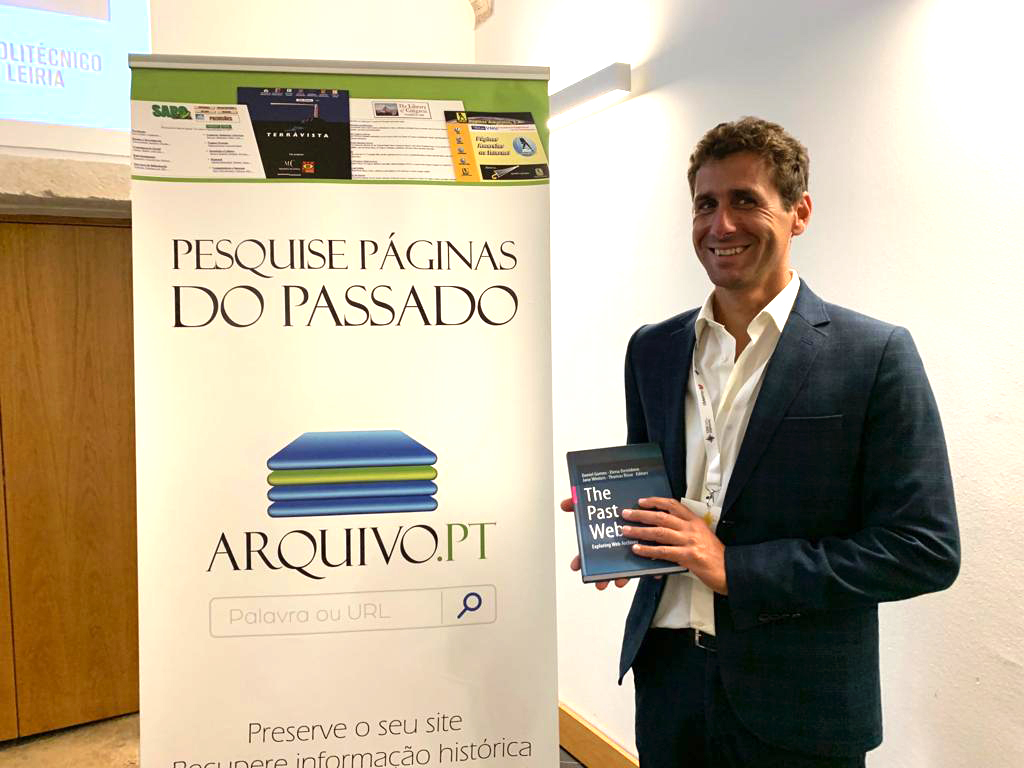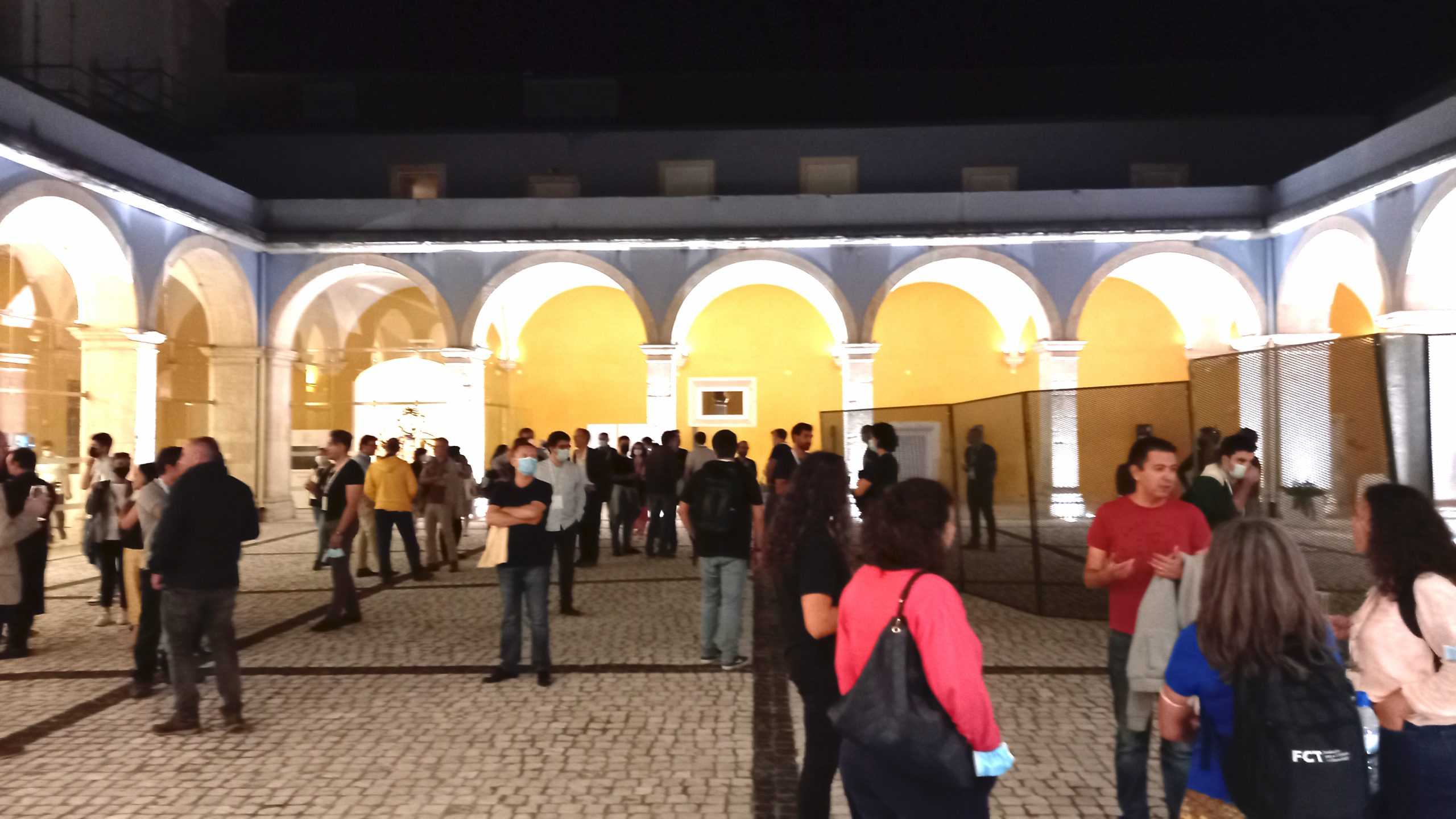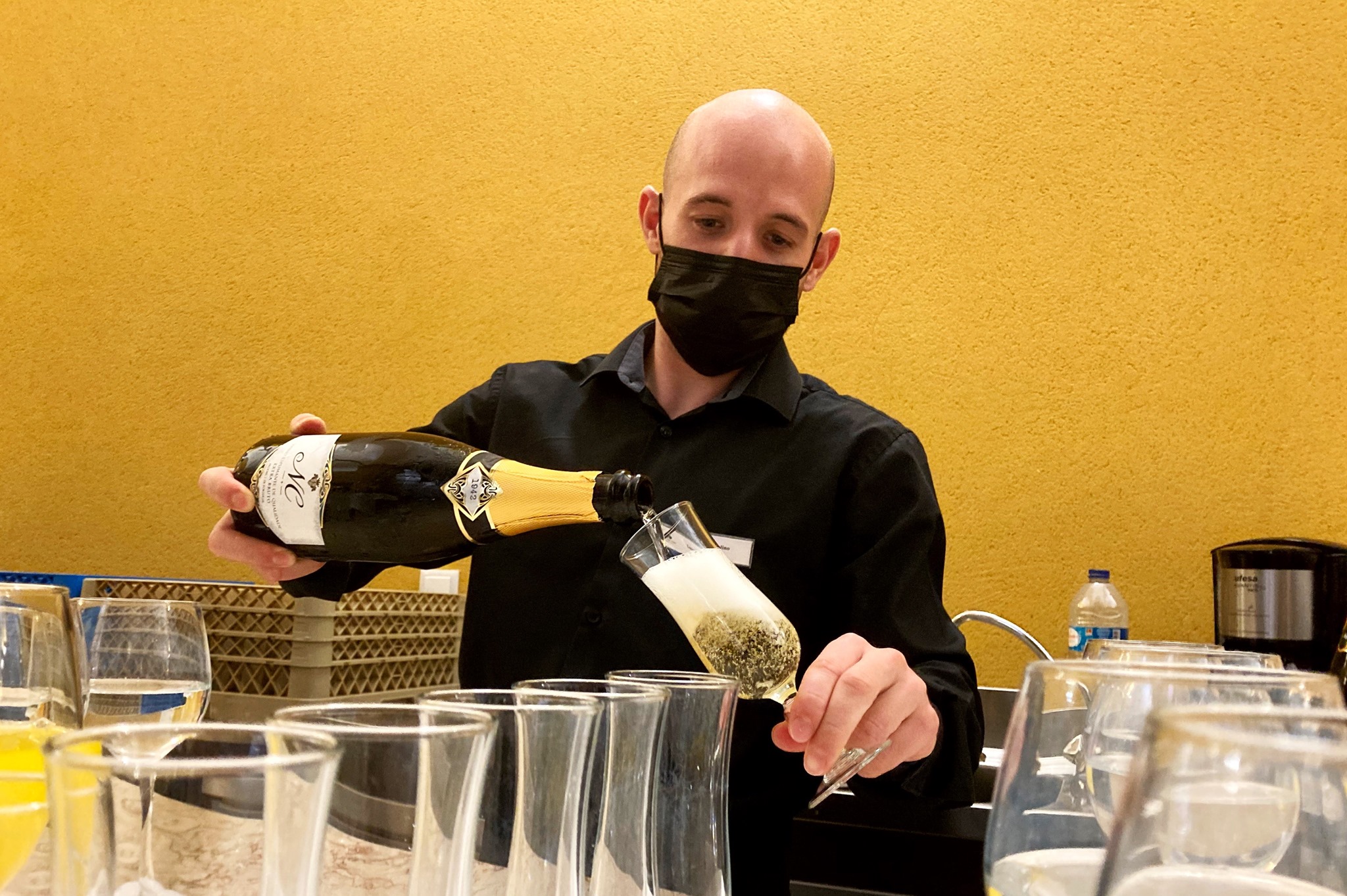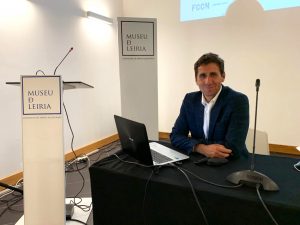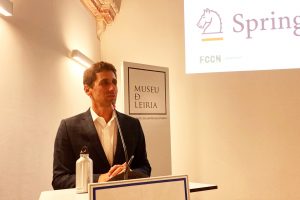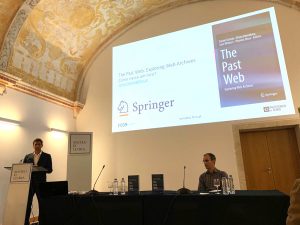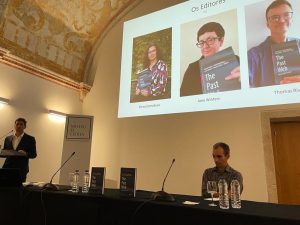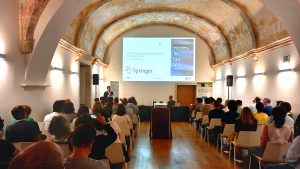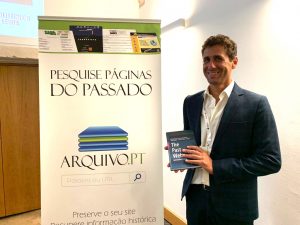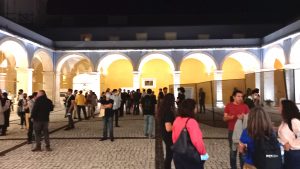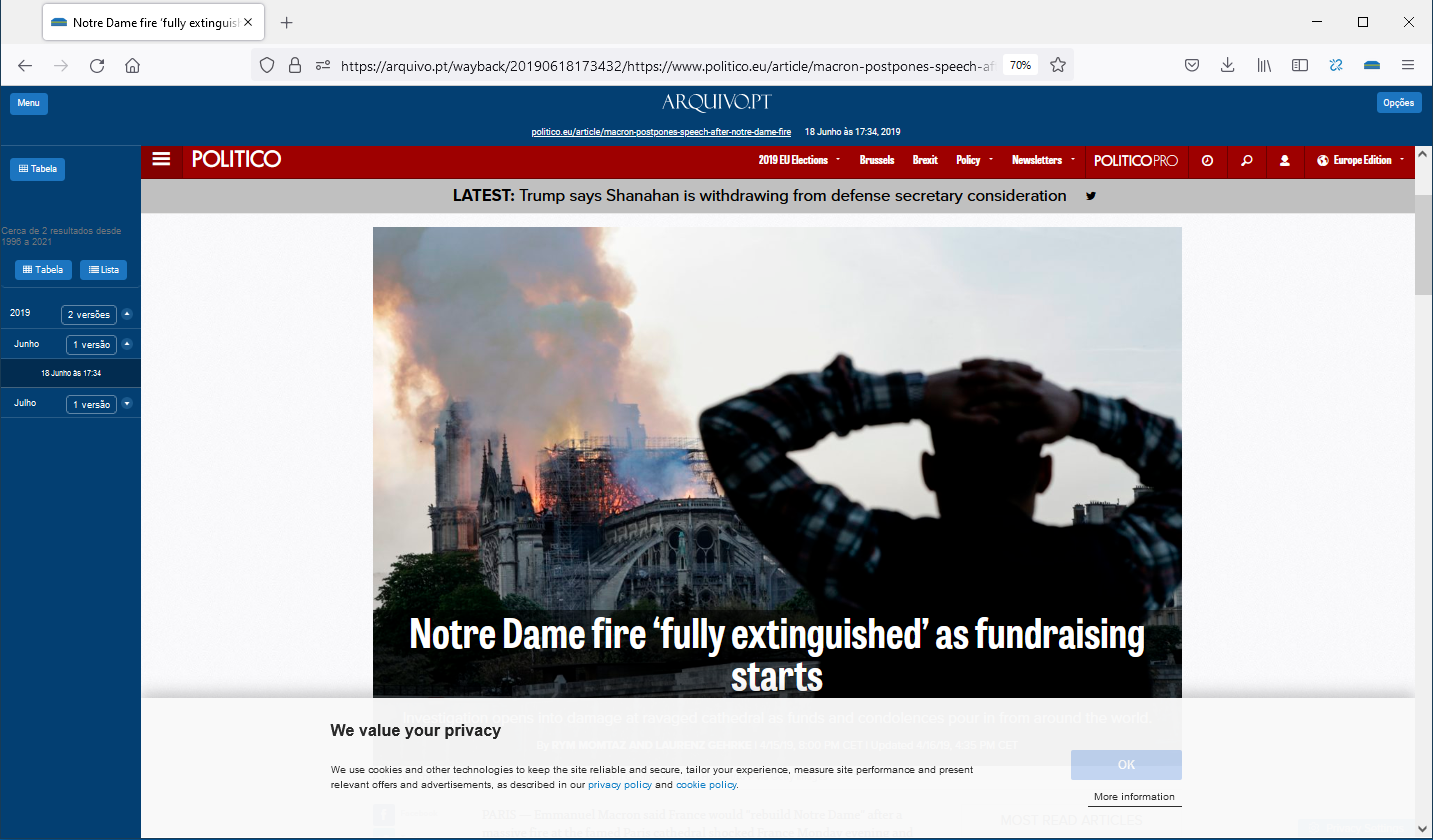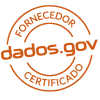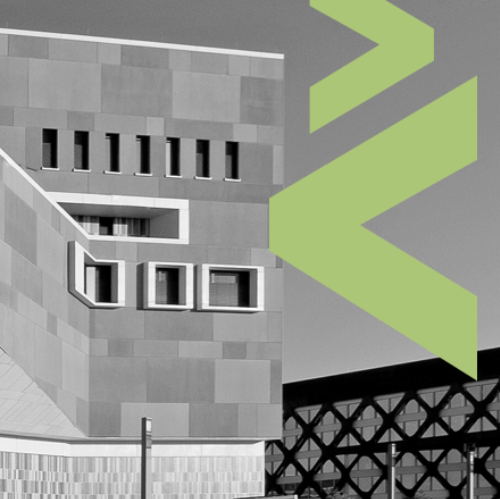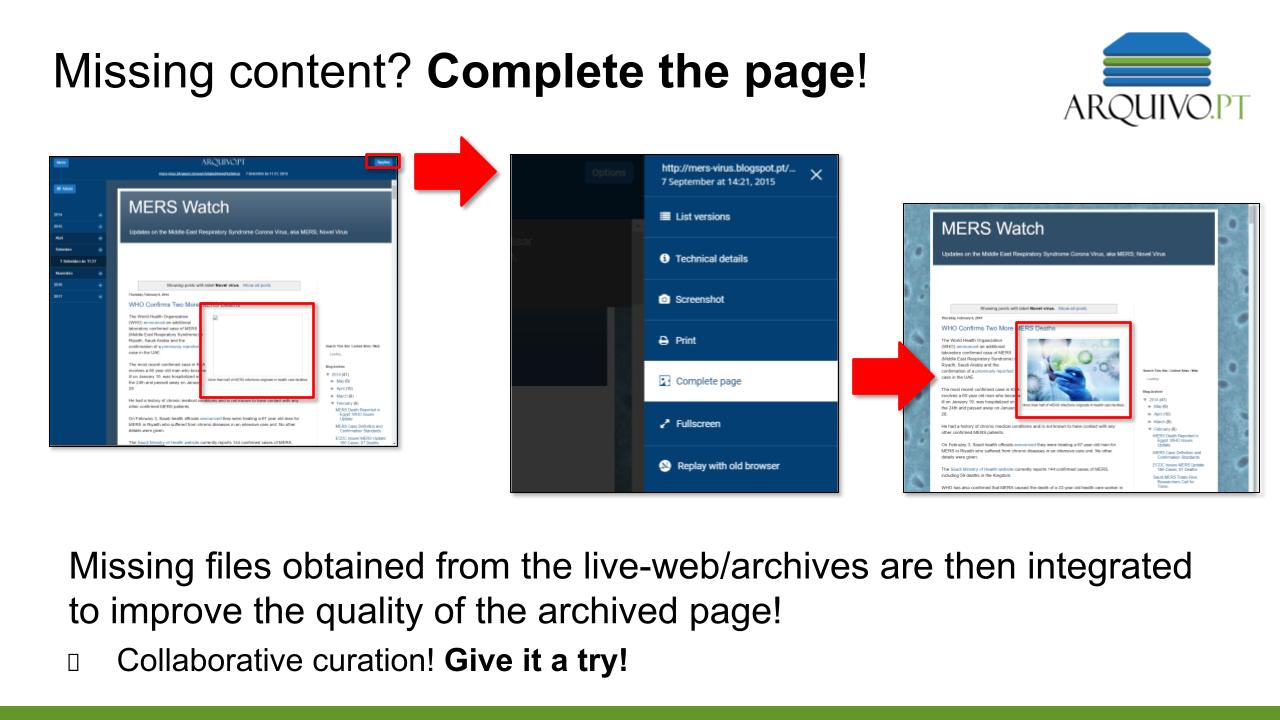Last updated on May 8th, 2023 at 05:09 pm
Thousands of pages about the elections to preserve before they disappear
On 26 September 2021 the local elections were held in Portugal, an event marked by the Covid-19 pandemic. The communication of the candidates was mainly based on the media and publications through the Web.
Electoral websites are of manifest historical importance. However, they are difficult to identify because they appear and disappear quickly. In the case of municipal elections, the number of candidates and the variety of channels used makes the task even more challenging.
Arquivo.pt, as in previous elections, launched a special collection to preserve contents concerning the municipal elections.
How was the electoral content published on the Web identified
The first step was the manual identification of election-related content by municipality and parish. For this purpose help was requested from people and organisations with the following initiatives:
- collaborative list “Municipal Elections 2021: we need your help!“
- request for collaboration from the archive services of the 308 municipalities in the identification of electoral sites and candidates of the respective municipality;
- request to the Parties to send the names of their lead candidates.
The Eyedata – Social Data Lab site was used, which made the names of candidates from all over the country available on the Web. The Wikipedia page Eleições autárquicas portuguesas de 2021 was also used as a source of information.
This manual identification process resulted in a list of 255 addresses which documented the candidacies for the 2021 Municipal Elections. Notice that 61% of the identified addresses pointed to private social media platforms: 54% facebook.com, 5% instagram.com and 2% twitter.com).
Much of this content of national interest could not be preserved because these foreign private companies do not allow it.
The list with names of candidates by county, party or coalition was used to create automatic searches in Bing that identified the most relevant electoral contents.
For instance, by combining the term “autárquicas 2021” with the name of a candidate and the respective municipality, one obtains results related to that candidate, such as news, initiatives of his/her campaign or the official page of his/her electoral campaign.
This methodology was applied in the Presidential Elections 2021 and in the Europeia Elections 2019. The technical report A transnational crawl of the European Parliamentary Elections 2019 details the applied methodology.
Content collection and availability in Arquivo.pt
Between 22nd August and 8th October 2021, the Arquivo.pt gathered, in an exhaustive manner, pages related to the Local Government Elections 2021.
The resulting collection called Municipal Elections 2021″ (EAWP39) gathers 31 million files that total 2.7 TeraBytes of information and will be available one year later.
Researchers who want to make a study on the 2021 Local Elections and need early access to the collected contents can contact Arquivo.pt.
To know more
- Notícia: Eleições Autárquicas de 2021: precisamos da sua ajuda!
- Lista colaborativa
- Lista de sites e redes sociais do Partidos
- Bing search script
- 1st crawl – search terms and seeds, August 2021 (ZIP, 12 MB)
- 2nd crawl – search terms and seeds, September 2021, pre-elections (ficheiro ZIP, 2 MB)
- 3rd crawl – search terms and seeds, September 2021, post-elections (ZIP, 8 MB)
